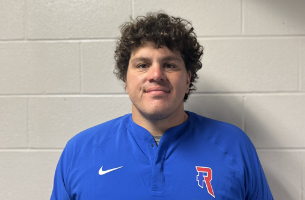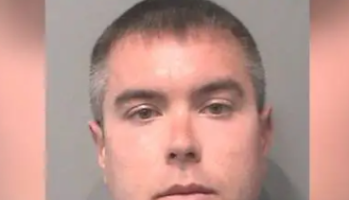STATE WIDE–Your child may come to you, or just mention in conversation, that they are scared of crowds or public places because of what they’ve been hearing about mass shootings. The fear is normal, said Dr. Zack Adams, a clinical psychologist at Riley Children’s Health. But, there are times when children can hear too much.
“One of the first things that we try and do is get a sense of what they already know,” said Adams, stressing good communication between child and parents. “Making it clear that this is an okay topic for us to talk about is one of the first things that we do.”
Adams said that sometimes they have a lot of info. Sometimes they don’t, but what they do ave makes them scared, anxious or nervous.
LISTEN: Dr. Zack Adams talks fear of mass shootings and kids
He said offering answers to questions that they might have is important. Those answers should be short and to the point and focused on some of the things that adults are doing to keep kids safe.
“Try and watch what your kids are watching or watch, as appropriate, coverage together and use that as an opportunity to have conversations,” said Adams.
He said that after gathering info on what your kids know, there are steps that you can take to help make them less anxious or scared.
“This is a tall order I understand, but do your best limiting media exposure about shootings and other types of mass violence,” said Adams. “If that’s the only thing that kids are hearing or seeing on the news or if it’s always on in the background that can amplify kids sense of how likely these things are to happen in their own day-to-day lives.”
LINKS: Adams has provided some resources:
Talking to children about a shooting
Tips for parents on media coverage
Helping after a recent shooting
He said parents should also go about their own routines, and model that behavior for their kids.
“I think it’s also reasonable to share some of the things you do when you’re upset or worried or scared, the ways that you might calm down or take a break.”
In that same vein, you can share that these things do scare your or make you nervous.
But, there are times when a professional’s help might be needed, said Adams.
“Usually anytime you’re concerned that fears or worries or a depressed mood or acting out behavior, if it starts to interfere with your child’s ability to do the things they would normally do,” he said. You might then seek the help of a child psychologist or counselor.












